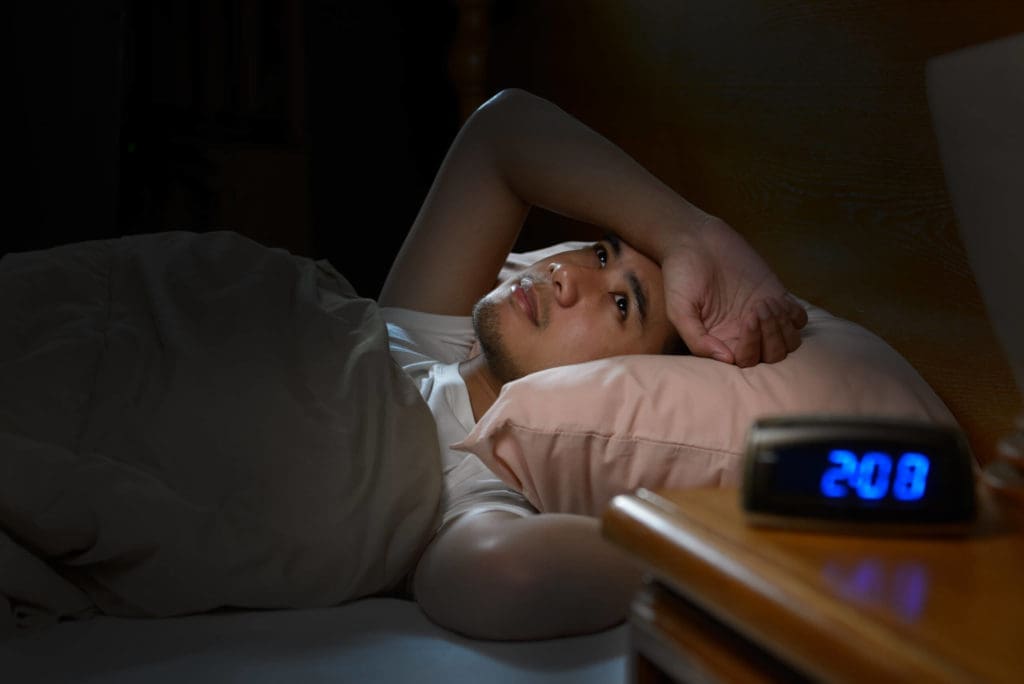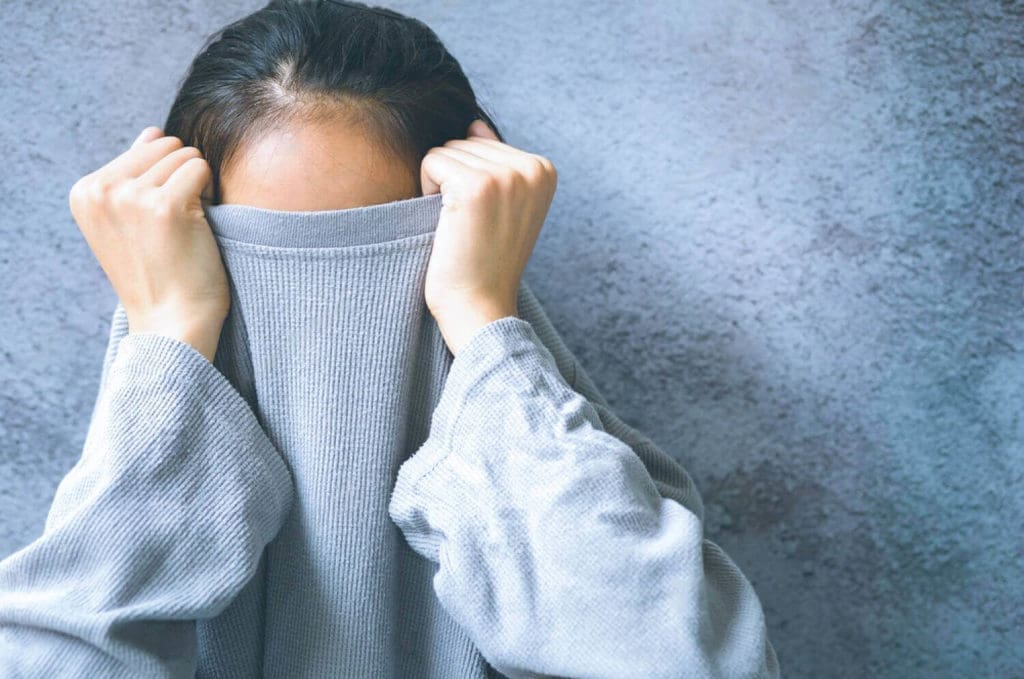Amongst its many detriments, the Covid-19 pandemic has also taken a toll on Singaporeans’ ability to sleep well. A recent survey revealed that close to 1 in 3 Singaporeans slept less in 2021 and the top reason behind the loss of sleep is work.
Working from home has diluted the boundary between work and life. Many of us work on our portable devices or hold meetings till late in the evening. The stimulation and pressure of work carry over into our sleeping hours, making it hard for us to switch off and rest. Considering all the variables that may disrupt a good night’s sleep, from job stress and family obligations to unforeseen problems, such as sickness, it’s no surprise that getting enough sleep can be difficult.
While you may not have the solutions to the problems that disrupt your sleep, you can develop habits that promote healthier sleep by changing your lifestyle and finding ways to manage your negative thoughts and feelings. A good night’s sleep directly influences your mental and physical well-being. Conversely, poor sleep deprives our bodies of the necessary “housekeeping” tasks of repairing and refreshing our brains and bodies for the next day.
Tips to help you to build healthier habits to improve your sleep:
1. Maintain your body’s normal sleep-wake cycle
One of the most significant tactics for sleeping well is to be in sync with your body’s natural sleep-wake cycle, the so-called circadian rhythm. Even if you change your sleep pattern by an hour or two, maintaining a consistent sleep-wake routine will leave you feeling much more refreshed and invigorated than sleeping the same amount of hours at different times. Try to go to bed and wake up simultaneously every day. This helps sync your body’s internal clock and improves the quality of your sleep.
Even on weekends, avoid sleeping in. The greater the disparity between your weekend and weekday sleep habits, the more severe your jetlag-like symptoms will be. If you need to make up for a late night, take a nap rather than sleep in. This enables you to repay your sleep debt without disrupting your regular sleep-wake cycle. Naps should be limited to 15 to 20 minutes and taken before early afternoon.
2. Becoming one with the light
Melatonin is a natural substance that helps to regulate your sleep-wake cycle. Your body secretes melatonin naturally when you are in a dark environment. Here’s how to manage your light exposure:
During the day
Expose oneself to direct sunlight first thing in the morning. The closer you are to your balcony, the better. Take your coffee outside or have breakfast in front of a window that faces the sun. The light on your face will support you in waking up. Then increase the amount of time you spend outside. Take your work break or exercise in the sun. Keep the drapes and blinds open during the day, and try to move your workspace closer to the window.
At night
The use of bright screens should be avoided within 1 to 2 hours before going to bed. The blue light generated by your phone, tablet, computer, or television is particularly bothersome. You may reduce the impact by utilizing smaller-screen devices, lowering the brightness, or using light-altering software such as flux.
TV lights hinders melatonin production, but many shows are exciting rather than restful. Instead, listen to music or audiobooks. Backlit gadgets should not be used for reading. Backlit tablets are more disruptive than e-readers without their light source.
Please make sure the room is completely dark when it’s time to sleep. Use heavy curtains or shades to block off light. Consider concealing any light-emitting devices such as alarm clock as well.
Wake-up in the midnight
If you wake up in the middle of the night, use a dim nightlight in the hall or bathroom or use a small flashlight to go about safely. This will make it easier for you to fall asleep again.
3. Have A Regular Pre-Sleep Routine
If you desire to sleep like a baby, you need to have a baby sleep routine.
- Change to evening loungewear or pajama’s
- Listen to sleep-inducing soundtracks
- Empty your day thoughts by writing them into a diary
- Replace these with sleep-friendly thoughts, for example, “I’ve slept badly for years, but tonight I’m going to sleep much better than last night.” Or “I am going to fall asleep much faster tonight because of all the changes I was making.”.
- Dimming the light in your bedroom
- Lower the temperature in your bedroom
- A sumptuously comfortable bed that screams me-time!
- Room doused with sleep scent
4. Wind down and clear your head
Sleeping might be difficult due to residual stress, worry, and rage from the day. Learning to manage your stress can allow you to sleep better at night.
You can try to clear these pillow thoughts by making a mental note or journaling them down and setting them away for tomorrow. Begin with small steps such as becoming organized, establishing priorities, and delegating chores.
5. Calm Your Mind
We can’t stop our minds from thinking or feeling negative, as this is how our brain is wired. However, we can try to be with our feelings and thoughts without reacting or responding to them. This is what it means to be mindful; our feelings might pass relatively quickly when we learn how to do this.
You can try various meditation-guided tracks available on the internet. You can also try this body scan guided audio track to help you relax and sleep.
Many of my clients suffer from sleep deprivation because of disturbing thoughts, negative emotions, and worries that surface when the lights dim off. These keep them awake and stuck in rumination. If this describes you, you may wish to talk to a psychotherapist. A good therapist can help you unravel the deeper psycho-emotional issues that disturb your sleep.





